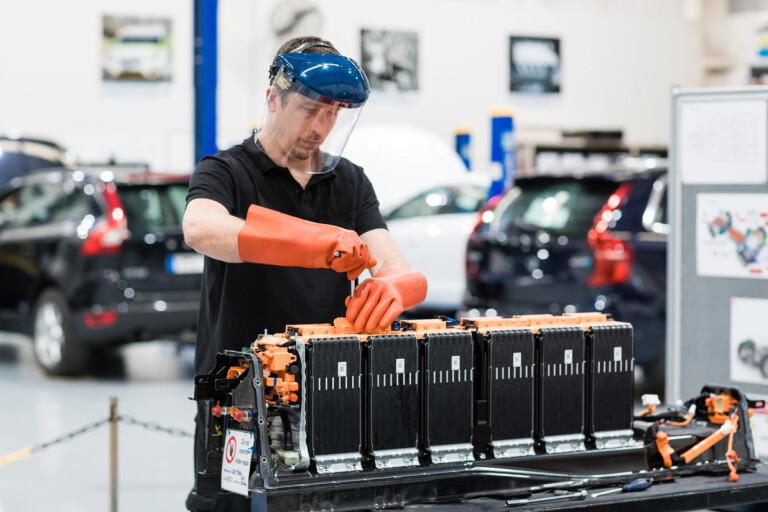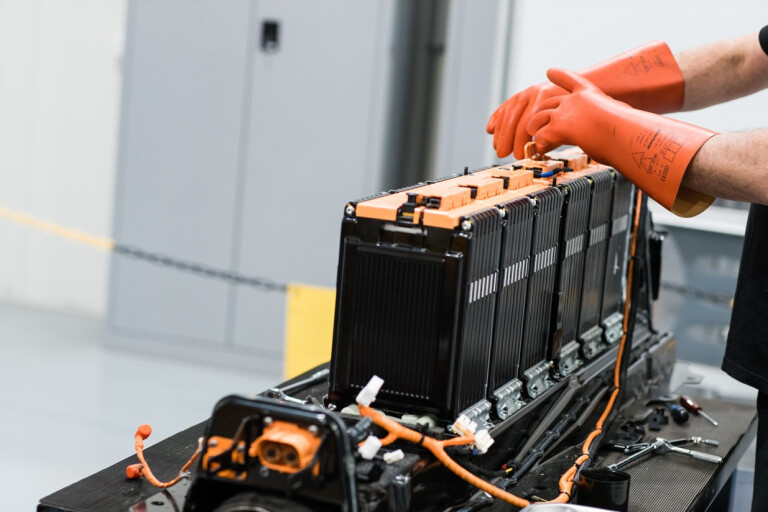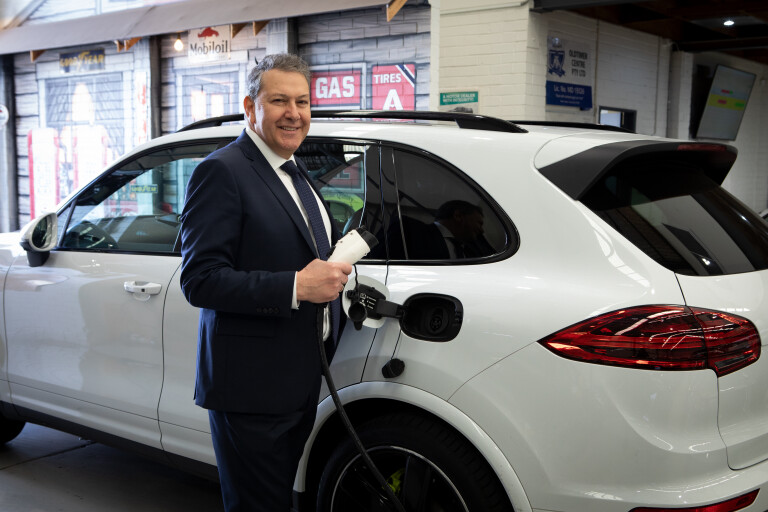
Almost 50,000 auto workers need to be urgently upskilled to safely handle and repair electric vehicles if Australia is to meet its state and federal targets, a peak industry body has said.
The Motor Traders' Association of NSW (MTA NSW) is urging the State's government to help fund EV safety and repair training, warning that there are 49,000 workers that need to be retrained for the transition in technology by 2030.
The authority, which represents businesses in the State's automotive industry, said it fears without support from government, the industry will be left severely underprepared to service and repair EVs as the State works towards increasing the number of EV sales to 52 per cent by 2030-31 – with the vast majority of new car sales expected to be electric by 2035.

“Our industry is already battling a skills shortage and as we face arguably what is the biggest transition in our sector’s history, it’s crucial that specialist training in electric car and battery maintenance is prioritised to ensure the safety of everyone that works on an EV as well as to mitigate driver risks,” said Stavros Yallouridis, CEO of MTA NSW.
“The current system and availability of training is inadequate and we’re calling on the incoming NSW Government to help fund more EV training across the state to prepare our workforce.”
In order to work on EVs, businesses must undertake safety training to fulfil their obligations under Section 19 of the Work Health and Safety Act 2011 (NSW). Specialised training is essential for workplace safety, as EV batteries are of high voltage, which range between 400 and 800V DC.
It's understood that the training for jobs such as mechanics and electricians the course required could cost up to $3000 per person, leading to a $100 million bill for NSW alone for the more than 49,000 licensed technicians there.
These costs will have to be borne by automotive businesses – the majority of whom are small and family-owned – and does not include the outlay of additional infrastructure and space required for servicing EVs.

It comes amid a national skills shortage within the automotive sector, which faces a shortfall of approximately 38,000 skilled professionals and a limited number of technicians who are qualified to service and repair EVs.
With the expected growth in the number of EVs, it is estimated Australia will require an additional 14,000 qualified EV technicians by 2030.
In addition to its call for help with training, MTA NSW wants the State Government to overhaul the skilled migration list for NSW to help attract workers from overseas, implement an end-of-life strategy for internal-combustion vehicles to make sure they are disposed of properly and to create a recycling system for EV batteries.
“With the vast number of EVs due to hit the market between now and 2050, recycling procedures must be implemented now to deal with the influx of end-of-life cars and damaged batteries,’ Yallouridis said.
“Materials within EV batteries can be both caustic and dangerous, so the storage and transportation of used EV batteries must be addressed to protect our environment and ensure the smooth introduction of EVs in the marketplace,” he added.
The Federal Chamber of Automotive Industries (FCAI) backed the call, saying: "The decarbonisation of Australia’s light vehicle fleet is a complex issue. The FCAI supports Government policy designed to increase infrastructure and develop the workforce required for a zero-emissions future."
Wheels has contacted the NSW Department of Transport for comment.



COMMENTS